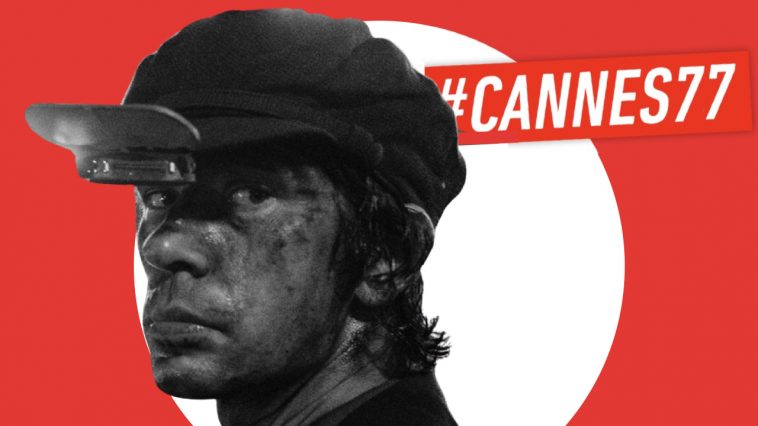CANNES – “He sees himself as a hero; you might call him a scumbag; I suspend my judgment on the matter. But I thought to myself, his romantic, dangerous life says something. Not just about him, Limonov, not just about Russia, but about everything that’s happened since the end of the second world war.” This is how Emmanuel Carrère wrote on Limonov, his beautiful book published in 2010, now turned into a film that we will see here at Cannes after a long wait: Limonov: The Ballad of Eddie, directed by Kirill Serebrennikov and written by Pawel Pawlikowski, Oscar winner for Best Foreign Film a few years ago with Ida. The story? Through the five loves scattered around the world, it traces the life of Eduard Savenko aka Limonov – portrayed by the fabulous Ben Whishaw – one of the most controversial figures in contemporary Russia, who passed away at the age of 77 in 2020.

The film is set in the countries where Limonov lived: born in Dzerzhinsk in the Soviet era, raised in Ukraine, then moving between the United States (where he encountered the underground scene of New York), Paris, and Moscow. A poet, writer, journalist, and politician, Limonov first abandoned the bohemian life in Manhattan and along the Seine to move to Russia and start his political career as the leader of the group Other Russia. A man of many ideas, often contradicting himself, a brilliant and punkish madman, never tamed. On the political front, with a strong passion for lost causes, he fights alongside the Serbs in the former Yugoslavia, with Russian separatists in Moldova, with the Abkhazians in the Caucasus. He becomes a critic, therefore, of the Western ideology of exporting human rights, which he views as a reiteration of colonialism or little else. Mobilizing young activists in the name of socialism and nationalism, he stirs up the masses, who, along with his political group, in 2013, find themselves protesting in Moscow’s Triumph Square shouting “Russia without Putin!” Then he is imprisoned for two years for arms trafficking. He participates in the underground revolts of the 1960s, strongly influencing the country’s foreign policy.

A man of letters, also an innovator on the cultural front, particularly in the realm of Russian literary language. Limonov’s works embodied the literary myth par excellence, that of the fusion of art with life: Limonov always wrote about himself, always in the first person. Between poems, books, essays, journalistic reports, not to mention the myriad of notes and scribbles in notebooks, not a day went by without Limonov dedicating himself to writing. His model? None other than Julius Caesar. Viewed with annoyance by the entire Russian public opinion, Limonov never considered himself a dissident. During Putin’s years, his political activity became more respectable, becoming one of the creators, along with Kasparov, of Strategy 31, demonstrations for freedom of expression in Moscow under the monument of Mayakovsky. In 2018, Limonov said he did not recognize himself in Carrère’s description, but acknowledged that Carrère had introduced him to a large audience.

A tumultuous, adventurous, energetic life that exerts the necessary charm to be worthy of being fictionalized, and then transformed, indeed, into a film. In addition to Whishaw, also Masha Mashkova, Sandrine Bonnaire, Viktoria Miroshnichenko and Tomas Arana. “What can I say? Limonov was really a fantastic project,” Arana told Hot Corn. “Kirill Serebrennikov is one of the best directors I’ve worked with. He comes from the avant-garde theater world and it shows. Two years ago, we were shooting some scenes in Moscow when the war with Ukraine began and we had to flee and recreate the entire set in Latvia. I remember that on set, the entire Russian crew was against Putin’s invasion. My role? I play the American billionaire who hires Limonov as a waiter in New York…”. And now we just have to wait for the new stage of the incredible and endless journey of Limonov: Cannes.
- OPINIONS | Ben Whishaw and why rediscover Surge








Leave a Comment